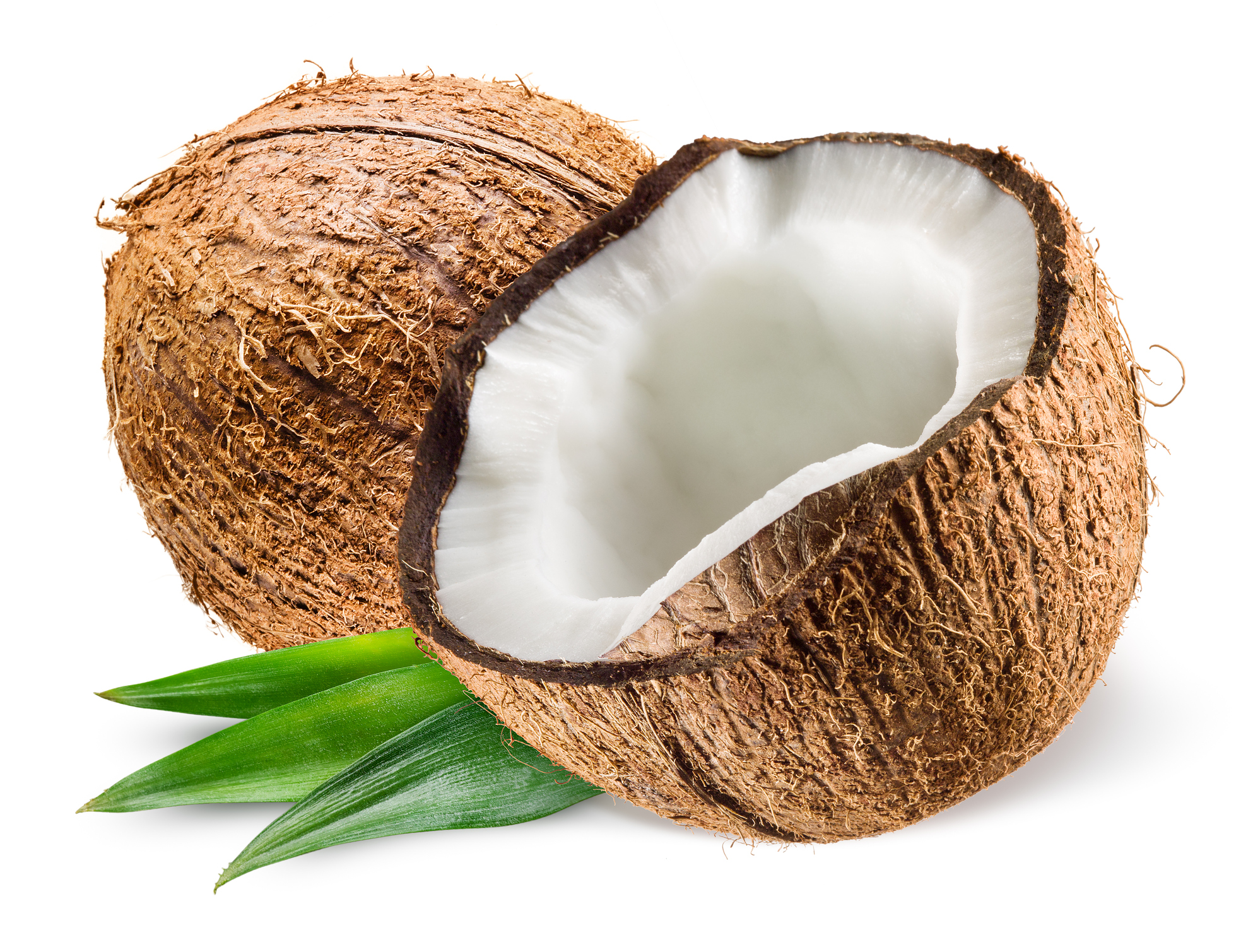I rarely question any food that much of the world has been using for thousands of years. Eventually, science confirms the health benefits of foods and medicines of traditional cultures, and I believe that holds true for coconut. However, a food that is used liberally in one culture does not necessarily mean that the health benefits transfer to other cultures—we must take into consideration climate, other dietary factors, genetics, and lifestyle.
Coconut (Cocos nucifera L.) grows near the equator, and is a staple for people who live in areas that are hot and sunny all year round. All parts of the coconut tree are used in the daily life of people in traditional coconut growing areas, and the coconut itself (which is actually a fruit, nut, and seed) is especially valued for its nutritional and medicinal benefits. Coconuts offer coconut water, coconut flesh, coconut milk, and coconut oil produced from the kernel. The shell, husk, and leaves are also used for creating a variety of household and decorative items. Continue reading “Myths and Truths About Coconut: And Two Delicious Recipes”







